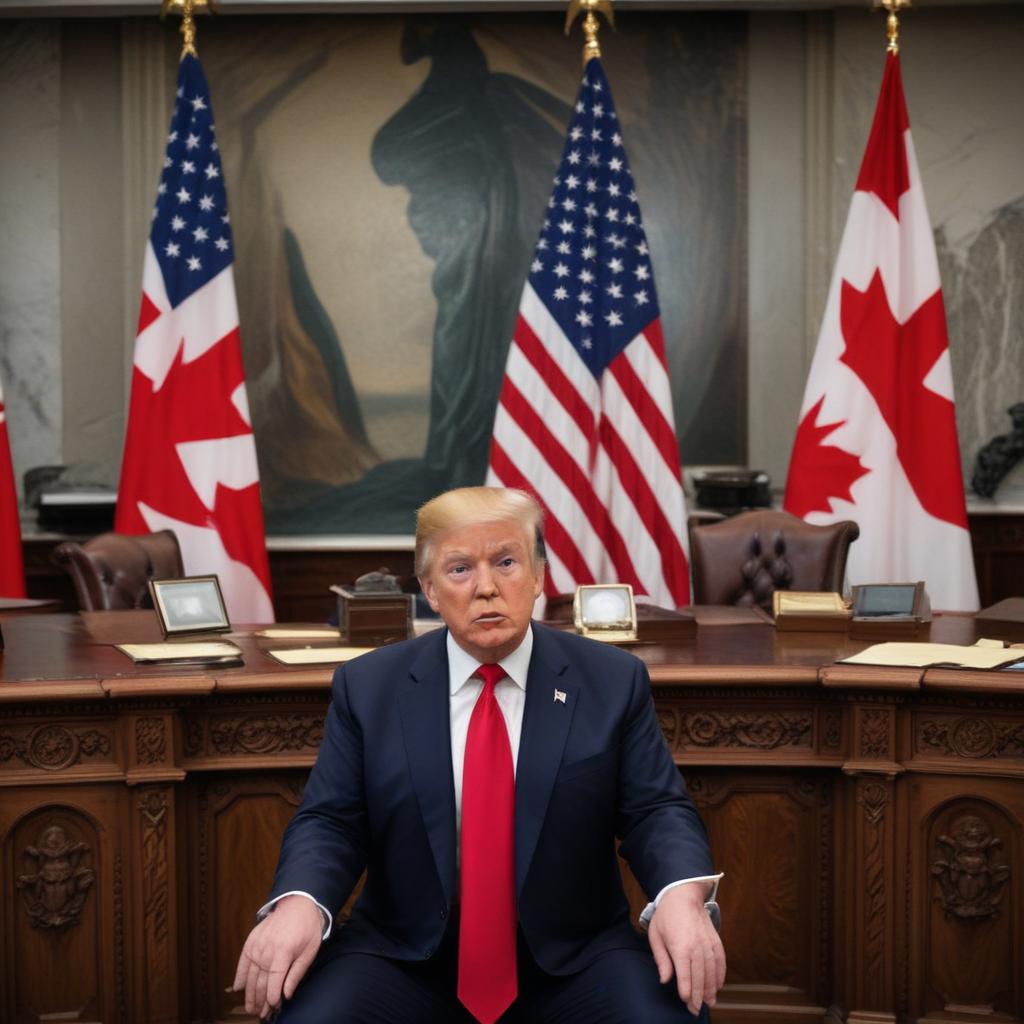President Trump announces a 25% tariff on imported cars, sparking outrage. Meanwhile, a Signal group chat scandal involving top officials unfolds, raising national security concerns.
President Donald Trump announced a 25% tariff on all cars imported to the United States, set to take effect on April 2. This action is a significant escalation of global trade tensions, prompting strong reactions from Canada and other countries. Canadian Prime Minister Mark Carney called it a "direct attack" violating the USMCA agreement. The tariffs caused shares of major US automakers to plummet. The UAW expressed support for the tariffs but also highlighted other needs for the working class. Meanwhile, a controversy erupted over leaked Signal messages from a group chat among top Trump administration officials, which inadvertently included a journalist from The Atlantic. The messages revealed sensitive information about US military operations, prompting an investigation by the Senate Armed Services Committee. Trump and his administration downplayed the incident, calling it a "witch hunt." The Social Security Administration delayed the rollout of a controversial anti-fraud measure following public outcry. The administration also addressed the Signal chat controversy, with Trump claiming that National Security Advisor Mike Waltz was responsible for the inclusion of the journalist in the chat and that Secretary of Defense Pete Hegseth was not involved. Trump also discussed a potential deal to keep TikTok accessible in the US, and hinted at reciprocal tariffs that may be surprisingly lenient.



